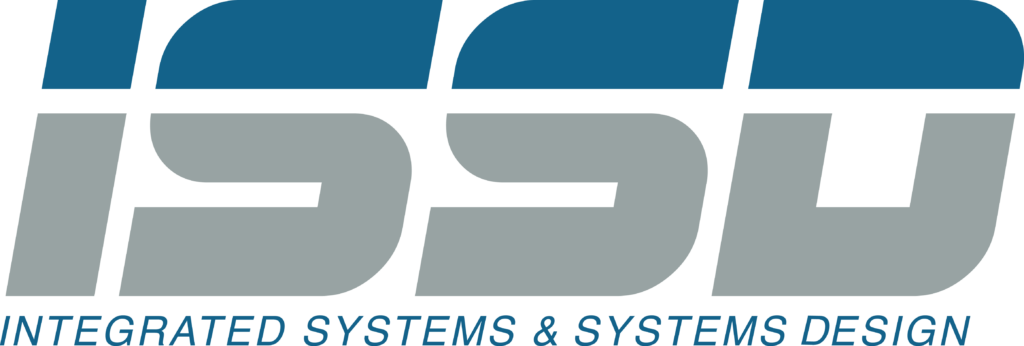If you are wearing green eyeglasses, then you are going to see the world green. But is it green in reality? No. It just looks green to you because of the lenses that you are wearing. Well what if you change it with a pink one?
I have taken a course which is called “Traffic Safety and Accident Investigation”. And in the course, we were talking about what the paradigm is. And I was questioning why we are talking such a philosophical word in a course which I want to learn how we can provide traffic safety solutions on the individual level to integrate it in our projects. I was looking for something, maybe some strategies to apply for road safety to get a fast solution. Since I was feeling like we were the surgeons of the roads and intersections; we should have decreased the death r
isk via a bypass surgery which gives a fast result to decrease the death risk. Well, it was not that much easier to get an answer. Instead there were questions. And the question was what the paradigm is.

Paradigm means the way of thinking or the way we see things, the way of looking at something or an issue. It does mean neither perspective nor viewpoint totally. It means a change in the mind-set. So if we change our approach on an issue, and if we see that our approach is changeable; then the paradigm is not a paradigm anymore. It can be shifted; and it can be called paradigm shift. Below, there is a YouTube video explaining paradigm and paradigm shift with really good examples from the real world.https://www.youtube.com/watch?v=qJqgcfCNVhY..
It basically says that if you are wearing green eyeglasses, then you are going to see the world green. But is it green in reality? No. It just looks green to you because of the lenses that you are wearing. Well what if you change it with a pink one? Then the world will be fully pink to you. You have changed your eyeglasses or you have changed the way of looking at the world. However the world did not change. World is pretty the same but you have changed your eyeglasses and now you see it differently depending on your eyeglasses through the way that you are looking at it. So here there are 2 views through which you can see the world and which you can see yourself and everything. When you face that it is a choice to change your eyeglasses and your view, at this point you escape from what you have been taught and educated to do, or what you see. If you see such change is possible and if you change the way of thinking accordingly; then this is called paradigm shift.
Paradigm Shift in Road Safety
“Countries like Sweden and the Netherlands began a Safe System approach over 20 years ago and have lowered their traffic fatalities to between 3 and 4 deaths per 100,000 residents, a decrease of more than 50 percent.” (WRI, 2018).

So what about a paradigm shift in road safety? Road safety is a major concern at the international level. Nobody should have died in a road crash or been seriously injured. For achieving a safe system, there should be a shift to a new way of thinking; there should be a paradigm shift. We should change the system to not blame the driver and the victim. So for this purpose “Vision Zero” and “Safe System” approaches are developed. These are the approaches to eliminate fatalities in traffic and achieve equality in mobility which is first implemented in Sweden. Vision Zero aims to reach zero fatality in road crashes; and it is supported with the safe system approach which requires strong governmental l
eadership with engagement of diverse sectors. These approaches are against the traditional approach and they are the newest way of thinking. According to the new approaches, human mistakes are anticipated by designing and managing the road infrastructures perfectly so that fatality risk could be low or zero.
According to the traditional approach, traffic deaths are inevitable; saving human life is expensive; individual responsibility is important and human behavior should be perfect. The principles of Safe System approach are accordingly: People can make mistakes because they are human; they are vulnerable; all road safety professionals must work together or cooperate; all parts of the system should be involved in this plan and change. On the other hand, Vision Zero, which accepts no fatality risk and no death, aproach this issue holistic which makes Safe System’s five elements come together as safe road users, safe vehicles, safe speeds, safe roads and post-crash care. If it is wanted to achieve zero death vision, then everybody should accept that the fatalities and injuries are unacceptable and preventable (Zero deaths – saving lives through a safety culture and a safe system).
So these new approaches, newest ways of thinking are the paradigm shifts in road safety for the countries that did accept and are trying to apply these approaches to their system. “This shift involves moving from traditional road safety policies to an integrated approach, in which road safety management becomes a “safe system” and serious outcomes from crashes are reduced and eventually eliminated” (Road safety strategy booklet – un).
References:
- Weijermars, Wendy & Wegman, Fred. (2011). Ten Years of Sustainable Safety in the Netherlands An Assessment. Transportation Research Record: Journal of the Transportation Research Board. 2213. 1-8. 10.3141/2213-01.
- Road safety strategy booklet – un. (n.d.). Retrieved January 3, 2022, from https://www.un.org/sites/un2.un.org/files/road_safety_strategy_booklet.pdf
- Release: Rid the world of 1.25 million road deaths? A safe system approach shows the way. World Resources Institute. (2018, January 11). Retrieved January 3, 2022, from https://www.wri.org/news/release-rid-world-125-million-road-deaths-safe-system-approach-shows-way
- Zero deaths – saving lives through a safety culture and a safe system. Safety. (n.d.). Retrieved January 10, 2022, from https://safety.fhwa.dot.gov/zerodeaths/zero_deaths_vision.cfm
